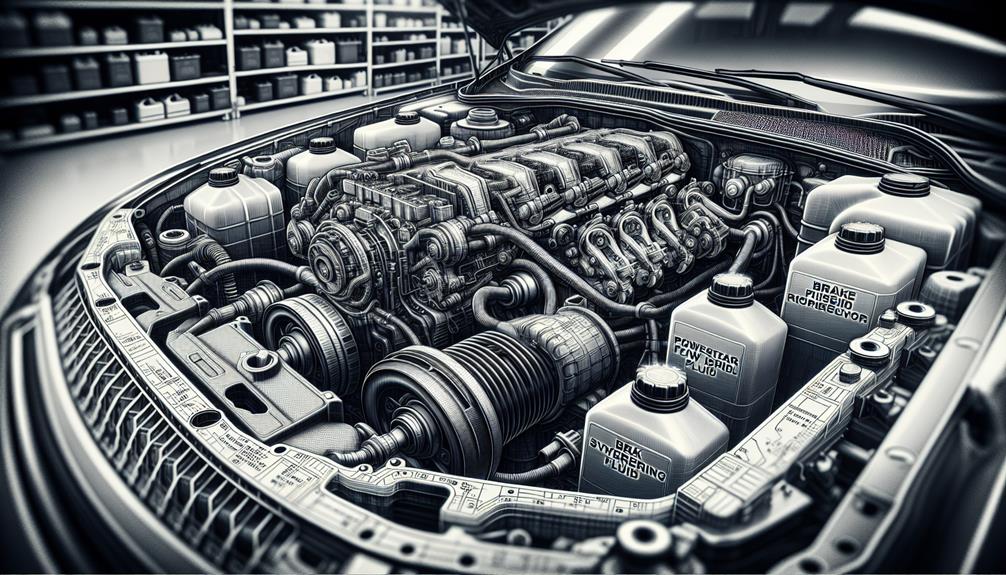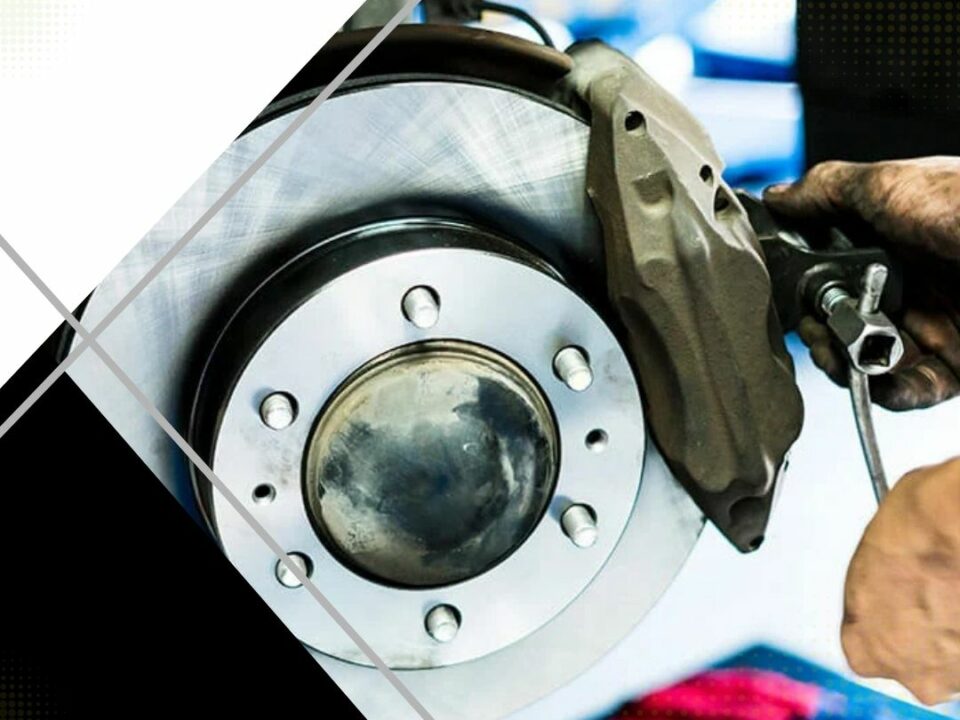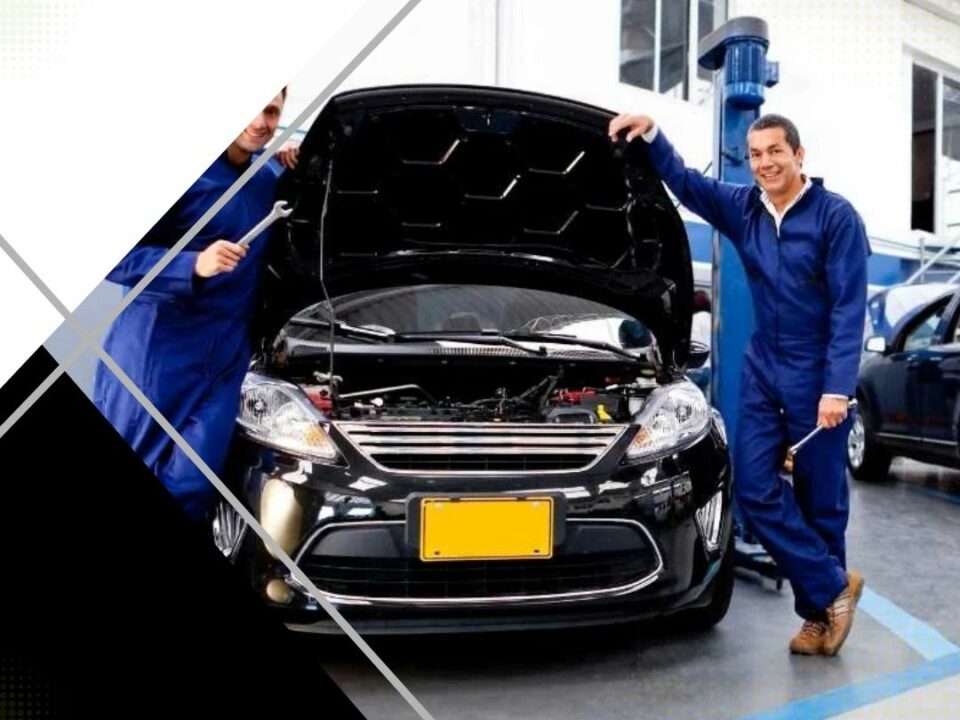Scenic Views and Recreation at Mammoth Highlands Park in Moorpark, CA
February 26, 2024
Mastering Fluid Management: A Car Preventive Maintenance Strategy
March 6, 2024Just as the human body relies on the proper circulation and balance of fluids to function optimally, your vehicle too counts on the efficient preventive maintenance of its various fluids. You’ve probably heard about the importance of regular oil changes, but there’s more to fluid management than just engine oil.
From brake fluid to power steering fluid, transmission fluid, and coolant, each one plays a critical role in your car’s overall health. It’s not just about topping them off; it’s also about understanding their function, knowing the right type for your car, and recognizing the signs of potential problems.
This skill, often overlooked, can make the difference between a car that hums along smoothly for years, and one that leaves you stranded on the side of the road. And while you might think you’ve got it all figured out, there’s always more under the hood to explore.
Understanding Vehicle Fluid Basics
To keep your car running smoothly, it’s essential to understand the basics of vehicle fluids. These fluids serve various critical functions in your vehicle, from lubricating moving parts to aiding in heat dissipation. You’re part of a community of responsible drivers who know that oil isn’t the only fluid that needs your attention.
Brake fluid, for instance, is vital for safe stopping. Coolant keeps your engine from overheating. Power steering fluid makes steering your car easier. Transmission fluid lubricates your car’s gears. Each fluid has a unique role and requires regular checks to ensure optimal performance.
Your car isn’t just a machine; it’s an ecosystem that needs balanced care.
Essential Car Fluids Management
While you’re keeping an eye on your car’s oil level, don’t overlook the importance of preventive maintenance other essential fluids that contribute to your vehicle’s overall health and performance.
1.Transmission Fluid: This aids in gear lubrication, cooling the transmission, and transferring power. Regular checks and changes can prevent costly repairs.
2. Coolant: This liquid prevents your engine from overheating. When it’s low, you risk your engine overheating which can lead to serious damage.
3. Brake Fluid: This is key to your vehicle’s braking system functionality. Low brake fluid can result in an unsafe driving condition.




